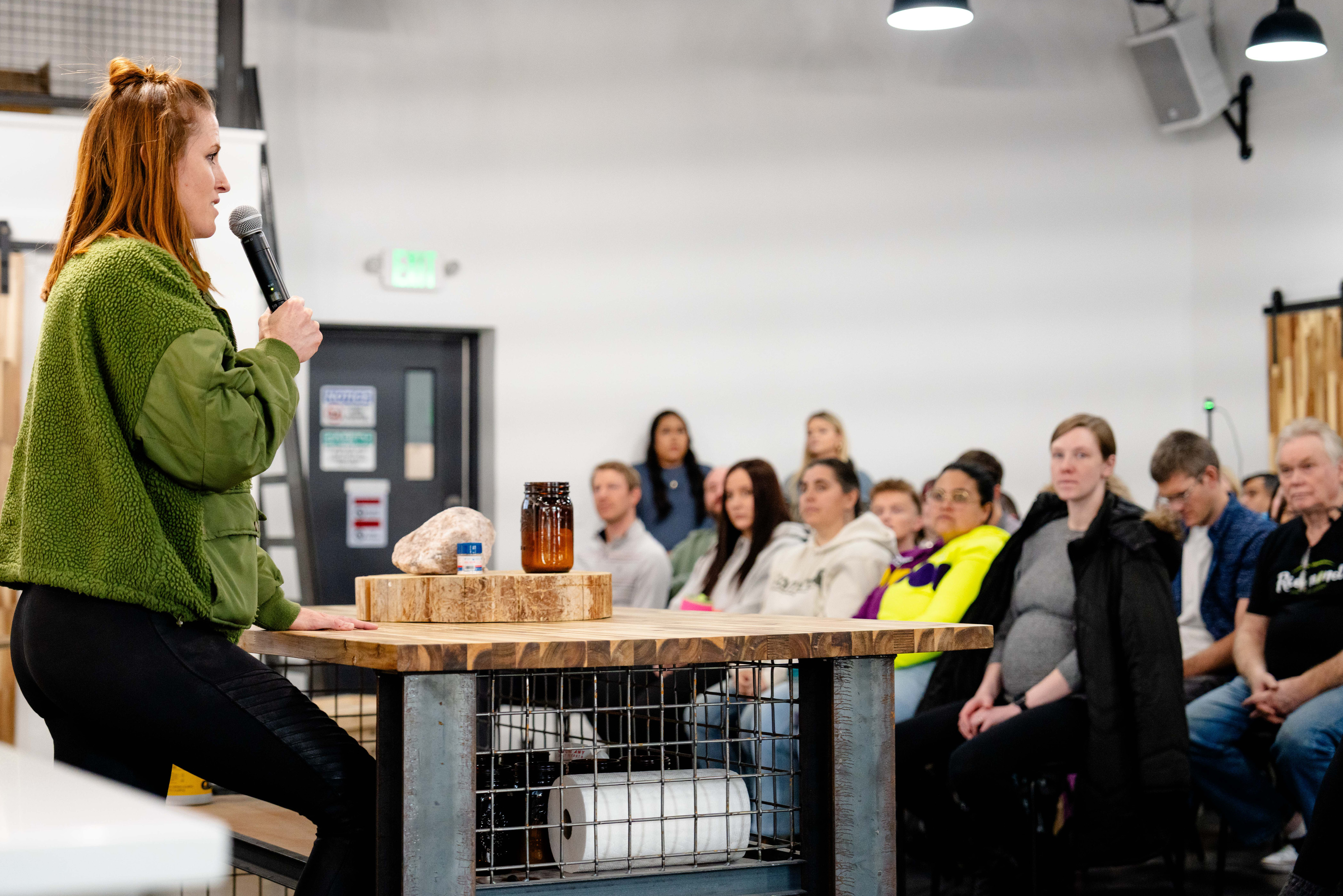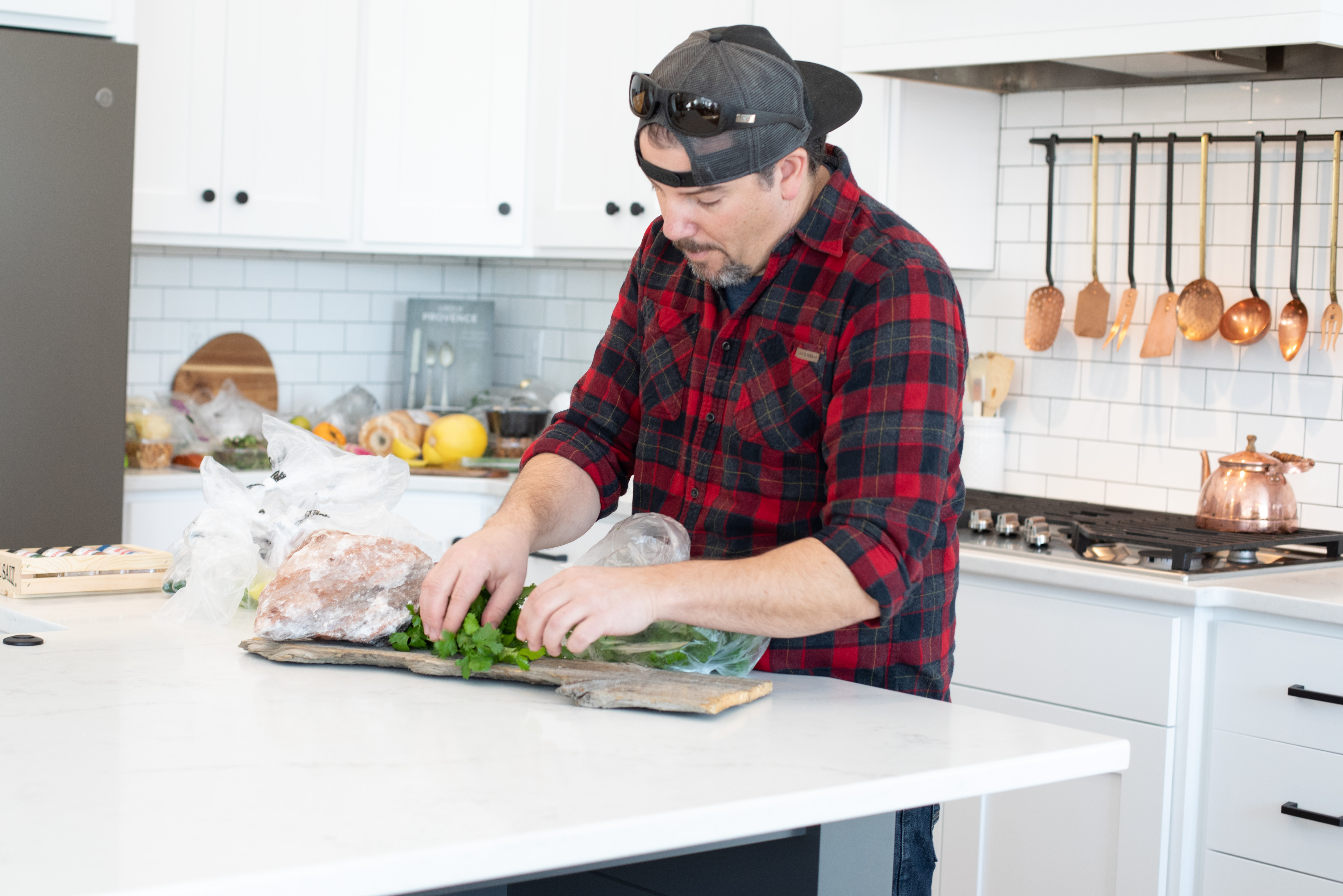Time to read: 3 minutes
Article at a glance:
- Reflection helps us pause, learn, and align choices with our values so we can move forward intentionally.
- Without reflection, we risk repeating mistakes or running in the wrong direction.
- Rumination—dwelling on regret or self-criticism—stalls growth and saps perspective.
- Healthy reflection means curiosity, learning, and creating space for insights to arrive naturally.
Reflection is one of our Redmond core values for a reason.
When we pause to understand where we are right now, where we want to go, and whether we’re living in integrity with our values, we can consciously choose our next steps instead of just reacting our way through life.
Without Reflection, there’s no learning. We might just keep running in the wrong direction without realizing that it’s not where we want to go.
Or we might do things the hard way because we haven’t stopped to realize there’s a more efficient or effective way to do the same thing.
Oops.
The better you’re able to build a structure in your life of consistent regular reflection, the more you’ll learn, and the faster you’ll progress.
When Reflection Goes Too Far in the Other Direction

Here’s what we DON’T want you to do: ruminate and dwell in regret.
Sure, we can look back on choices and think “Hmm, I probably could have done that differently.” But beating ourselves up over mistakes isn’t useful if we don’t learn and move forward with our new knowledge.
We don’t want to get stuck in the negative stuff.
This is where other people can really help us. If all we can see is the bad and none of the good, if we can’t see the learning in the experience, if you find yourself spiraling, get more perspective. Talk to someone who sees you clearly. If you’re really struggling and don’t know where to turn, therapy can be a great option for reframing those thoughts and finding the growth in them.
You shouldn’t feel sad after reflecting. That’s not what it’s for. Reflection is about grounding in the past, present, future, not about longing for something different in the present.
A little friction and discomfort in our reflection can be a good thing, but not if it turns into self-flagellation.
Learning—not punishment—is the goal of reflection.
How to Grow Without Getting Stuck

Reflection is about understanding, learning, and growing, not rumination, regret, or even solving anything.
It can be helpful to think of mistakes simply as the admission fee to growth. They’re the expense of learning.
Now that you have more information (thanks to your previous choice) you can make a different decision. And you’ll learn from that one as well. It goes on and on in a cycle of reflecting, learning, and moving forward with a little more perspective.
This is what growth looks like. Regrets are only learning experiences, and we often learn more from the rough choices than the ones that go as planned.
So we win either way!
Remember: It’s not about finding answers
We might be tempted to jump to answers or solutions when we reflect, or “figure out what it means.” Answers and meaning are nice, but a lot of reflecting is just taking the time to understand what has happened and how it got you to where you are, and then creating space for answers and insights to arrive.
In other words, don’t rush it.
Resist the urge to label something as good or bad. (Remember the Chinese Farmer?)
Reflection is creating the space and conditions for answers to arrive.
So Reflect, and let the answers arrive in their own time.
Today’s Tip:
Watch the Chinese Farmer video, and the next time you feel guilt, shame, or regret because you made a mistake, ask yourself, what can I learn from this?


